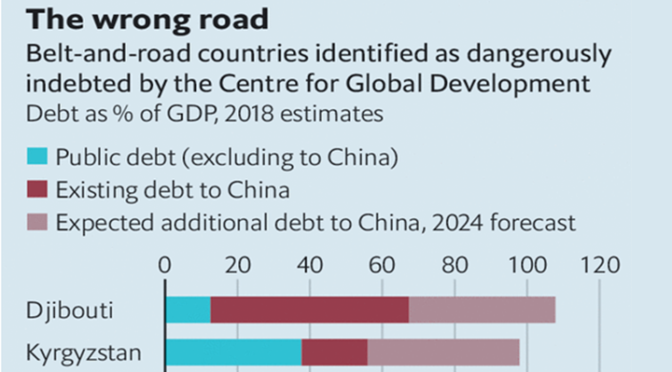Strategic integration or panic order expansion?
Posted on : May 23, 2017Author : Admin2

Integration is a controversial, to a certain extent not an entirely definite expression in the real sense. It sounds like echoing the voice of solidarity amidst uncertainties, the uncertainties that have surfaced from the histories of interactions among the leaders of geographical confines. The question that arises is whether an apparently positive move shall be able to override the obstacles in the way of such integration? The answer is probably far from being a reality.
The credibility and feasibility of the One Belt One Road, an ambitious project promoted by Xi Jinping, is in question across the world. Is the project beneficial or not? There is no doubt about it. However, the initiative has been floated at a sensitive time with many ongoing unsettled disputes. China’s pursuit of massive economic integration has triggered the alarm officially about their intention in creating a new world order. Theoretically, the project may solve many issues related to trade and energy security, but it has the potential to increase strategic security concerns amongst the states. Specially, when China is overwhelmingly involved in conflicts in crucial areas of the world. It may be seen as an attempt to overcome the regional glitches such as South China Sea dispute, unsettled border disputes with India etc. There is no reason why these countries should support such a project amidst unsettled issues. Moreover, the project does not provide any guarantee with respect to economic and environmental sustainability. It has also raised the question of just tendering process.
The EU, India and many Southeast Asian countries have not agreed to be a part of this project for various issues based on transparency. With respect to India, it is even more apparent because of the recent developments on issues such as Nuclear Suppliers Group (NSG) membership, China Pakistan Economic Corridor (CPEC), trade corridor and historically marked border disputes. Overcoming a south Asian giant without settling such issues is a case of daydreaming. On the other hand, Southeast Asian countries are skirmishing for control in the South China Sea. Had China prepared itself for the encounters? It may not be equalized with the term “neo-colonialism,” but the project at this stage has exhibited only the Chinese economic interests in the region rather than being a mutually beneficial venture. It may well fit in China’s foreign policy supplementing its strategic concerns, but the same structure has an undeniable potential to disrupt the global security aspects, especially when terrorism is at its peak.
Debasish Das, M.Phil. Student, IFPS, University of Calcutta





Leave a Reply